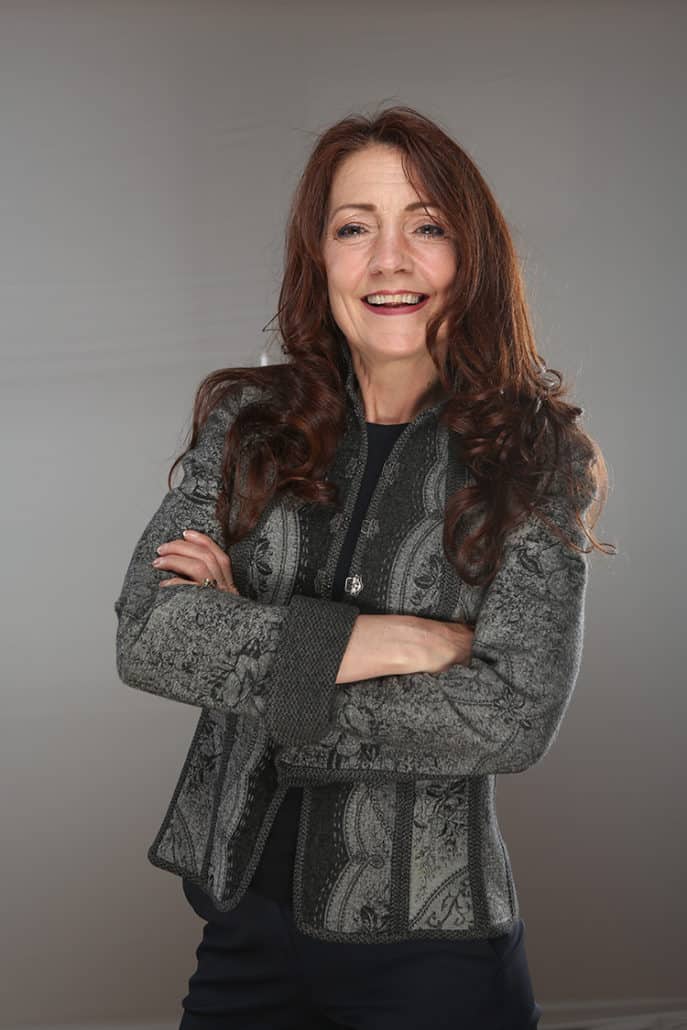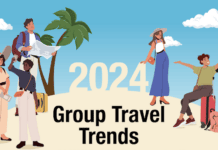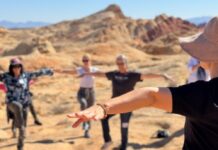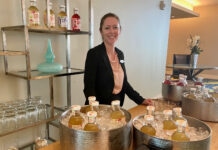Paralytic business practices during a pandemic like the coronavirus or COVID-2019 require equally extreme measures of prudence and will result in a new normal. I forecast that the next two to three years in the conference industry success stories will be about hyper-vigilance.
Could an ounce of prevention from illnesses like the coronavirus be worth billions of dollars and what will a new normal be?
The virus can stay on surfaces for a few hours or up to several days (depending on the type of surface), is life-threatening, and highly contagious. Venues must increase cleaning protocols and ensure that the people attending are also healthy, a new normal. That being said, a clean place is still empty in the wake of a pandemic without the transparency that builds confidence.
In a utopian world, a “just-in-time certificate of health” for those working and attending the conference would be most ideal. A daily confirmation of best practices from the Board of Health for each day of the event, along with comprehensive and transparent sanitary practices would certainly be beneficial. These two protocols are not bulletproof but will offer legitimate means of limiting risk and mitigating fear, a new normal. It would also allow corporations a means of overriding policy and allowing employees to perform their roles by taking comfort in the fact that the venue is deemed to comply with their employee safety thresholds.
Scheduling an independent review of a venue from the Health Department can seem daunting but would be of significant value, as will maintaining up to date health and sanitation methods as they are identified and evolve in this pandemic.
Another issue is the question of whether it is legal to request mini-medical screenings to measure the body temperature of staff and guests in order to be eligible to enter a site? There is room for interpretation of the law, specifically whether the Americans with Disabilities Act (ADA) prohibits employee medical examinations unless they are job-related and consistent with business necessity. The rule states that if an employer has a reasonable belief, based on objective evidence, that an employee will pose a direct threat to others due to a medical condition, then could prove life-threatening testing is prudent. Normally a cold or the traditional flu would not warrant an exam. Because this is a pandemic and life-threatening, this would seem to be a rational course. Taiwan has taken this on as a best practice effectively as a means to move forward in the wake of COVID-19.
Planners are expected to make their best efforts to obtain public health advice that is contemporaneous and appropriate for their location. They are also charged with making a reasonable assessment of conditions in the workplace based upon this information. It would be ideal to consult with a public wellness expert because public health recommendations may change during a crisis and differ between states. Staying up to date on the latest CDC and state or local public health assessments, which are currently in flux, will be essential.
Respect for COVID-19 will be imperative in this new normal. The sooner the industry implements the utmost rigorous health and security practices, the sooner it can confidently move forward. Event organizers should include a wellness expert to support a wellness code of conduct that will be the nexus for business survival as we cancel and hopefully reschedule future bookings.
For more information, review the EEOC’s guidance here. PANDEMIC PREPAREDNESS IN THE WORKPLACE AND THE AMERICANS WITH DISABILITIES ACT
Health, Nutrition and Wellness Biography
Suprina Berenyi a 20-year wellness consultant. As a media and wellness expert, Suprina has co-lectured with Ann Albright, PhD, RD, Director, Division of Diabetes Translation for the CDC, and Dr. Hylan D. Shoob, an epidemiologist at the Centers for Disease Control and Prevention (CDC). She is DDP certified by the CDC. She is also the Health and Wellness Coordinator for the Business and Labor Coalition of New York’s (BALCONY).
Suprina is a highly recommended nutritionist and has guest lectured on the topic at NASDAQ OMX, Cigna, Pfizer, Risk Strategies, Information Builders, Weston Environmental Solutions, ASCAP, Alton Brown, Newsday, Georgia State University, Emory Gouzuieta, Harvard Club, Harvardwood, Harvard Women’s Group, and the Harvard Business School Club.
You Might Also Be Interested In
Cancellations & Closings, Again











